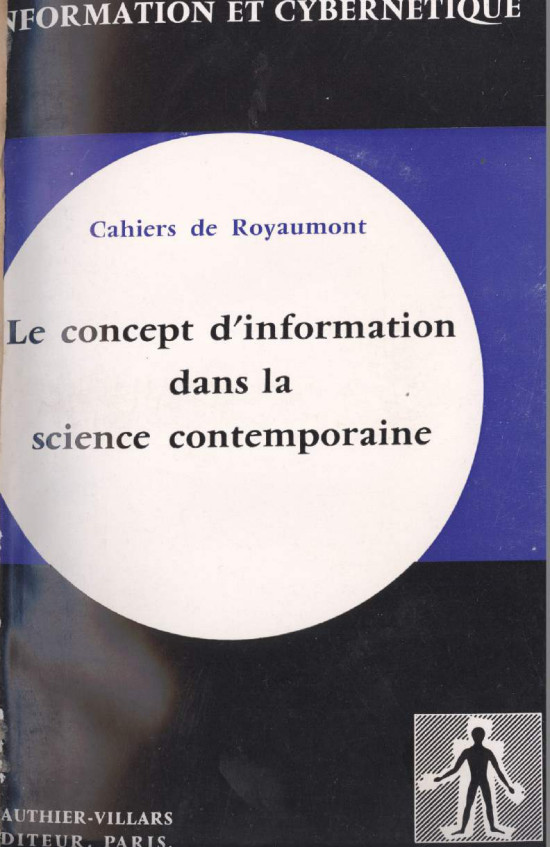Trevor Pinch, Karin Bijsterveld (eds.): The Oxford Handbook of Sound Studies (2011)
Filed under book | Tags: · acoustics, computing, data visualisation, electronic music, field recording, game studies, hip hop, listening, medicine, music, noise, perception, phonograph, radio, science, sonification, sound, sound design, sound recording, sound studies, vision

“Written by the leading scholars and researchers in the emerging field of sound studies, The Oxford Handbook of Sound Studies offers new and fully engaging perspectives on the significance of sound in its material and cultural forms. The book considers sounds and music as experienced in such diverse settings as shop floors, laboratories, clinics, design studios, homes, and clubs, across an impressively broad range of historical periods and national and cultural contexts.
Science has traditionally been understood as a visual matter, a study which has historically been undertaken with optical technologies such as slides, graphs, and telescopes. This book questions that notion powerfully by showing how listening has contributed to scientific practice. Sounds have always been a part of human experience, shaping and transforming the world in which we live in ways that often go unnoticed. Sounds and music, the authors argue, are embedded in the fabric of everyday life, art, commerce, and politics in ways which impact our perception of the world. Through an extraordinarily diverse set of case studies, authors illustrate how sounds — from the sounds of industrialization, to the sounds of automobiles, to sounds in underwater music and hip-hop, to the sounds of nanotechnology — give rise to new forms listening practices. In addition, the book discusses the rise of new public problems such as noise pollution, hearing loss, and the “end” of the amateur musician that stem from the spread and appropriation of new sound- and music-related technologies, analog and digital, in many domains of life.”
Publisher Oxford University Press, 2011
ISBN 0199995818, 9780195388947
624 pages
Reviews: John F. Barber (Leonardo, 2012), Bruce Johnson (Popular Music, 2013), William Cheng (Journal of the American Musicological Society, 2014).
Comment (0)Matthew Wisnioski: Engineers for Change: Competing Visions of Technology in 1960s America (2012)
Filed under book | Tags: · 1960s, 1970s, activism, computing, education, engineering, history of computing, history of technology, labour, luddism, military, science, space, technology

“In the late 1960s an eclectic group of engineers joined the antiwar and civil rights activists of the time in agitating for change. The engineers were fighting to remake their profession, challenging their fellow engineers to embrace a more humane vision of technology. In Engineers for Change, Matthew Wisnioski offers an account of this conflict within engineering, linking it to deep-seated assumptions about technology and American life.
The postwar period in America saw a near-utopian belief in technology’s beneficence. Beginning in the mid-1960s, however, society—influenced by the antitechnology writings of such thinkers as Jacques Ellul and Lewis Mumford—began to view technology in a more negative light. Engineers themselves were seen as conformist organization men propping up the military-industrial complex. A dissident minority of engineers offered critiques of their profession that appropriated concepts from technology’s critics. These dissidents were criticized in turn by conservatives who regarded them as countercultural Luddites. And yet, as Wisnioski shows, the radical minority spurred the professional elite to promote a new understanding of technology as a rapidly accelerating force that our institutions are ill-equipped to handle. The negative consequences of technology spring from its very nature—and not from engineering’s failures. “Sociotechnologists” were recruited to help society adjust to its technology. Wisnioski argues that in responding to the challenges posed by critics within their profession, engineers in the 1960s helped shape our dominant contemporary understanding of technological change as the driver of history.”
Publisher MIT Press, 2012
ISBN 0262018268, 9780262018265
296 pages
via a2
Interview with the author (Carla Nappi, New Books in Science, Technology, and Society, audio, 1h)
Review (Caroll Pursell, The American Historical Review, 2014)
Review (Kevin T. Baker, The Sixties, 2013)
Review (Stephen H. Unger, 2013)
Le concept d’information dans la science contemporaine (1965) [French]
Filed under proceedings | Tags: · communication, computing, cybernetics, information, information theory, machine, mathematics, philosophy, science

“The proceedings from the Sixth Symposium at Royaumont in 1962 were titled Le concept d’information dans la science contemporaine [The Concept of Information in Contemporary Science] and were published three years later in Paris by Les Éditions de Minuit.
In attendance were Gilbert Simondon, Norbert Wiener, Martial Gueroult, Giorgio de Santillana, Lucien Goldmann, Benoit Mandelbrot, René de Possel, Jean Hyppolite, André Michel Lwoff, Abraham Moles, Ferdinand Alquié, Henryk Greniewski, Helmar Frank, Jiri Zeman, François Bonsack, Louis Couffignal, Albert Perez, Maurice de Gandillac, Ladislav Tondl, Gilles-Gaston Granger, and Stanislas Bellert, among others.
Simondon was a very active organizer and introduced Wiener. The collection is fascinating for a number of reasons; most striking, perhaps, is the fact that a prominent Marxist (Goldmann) and a brilliant mathematician (Mandelbrot) were given equal opportunity to talk philosophically about the concept of information. Mathematicians like Mandelbrot and Wiener were given the same stage as philosophers like Simondon and Hyppolite.
Some of the papers are pretty scientific, but most of them are not. What you get is a collection of papers given and discussed (the Q & As are included and are revealing) by some of the individuals who heavily influenced Deleuze and a number of other French philosophers. This is an incredibly revealing volume and I will eventually work hard to translate some of the papers that are included.
Simondon’s paper, ‘L’Amplification dans les processus d’information’, was not included in the proceedings (only the abstract is provided at the very end of the book, along with the topic of Wiener’s response to Simondon), but was published and is available in the collection of his papers titled Communication and Information: Courses and Conferences (La Transparence, 2010).” (from a blog post by Andrew Iliadis)
Publisher Les Éditions de Minuit, Paris, 1965
425 pages
via Andrew Iliadis, HT babyalanturing
Review: D. Gabor (The British Journal for the Philosophy of Science, 1966, EN).
PDF (36 MB, updated on 2021-3-28)
multiple formats (Internet Archive)

